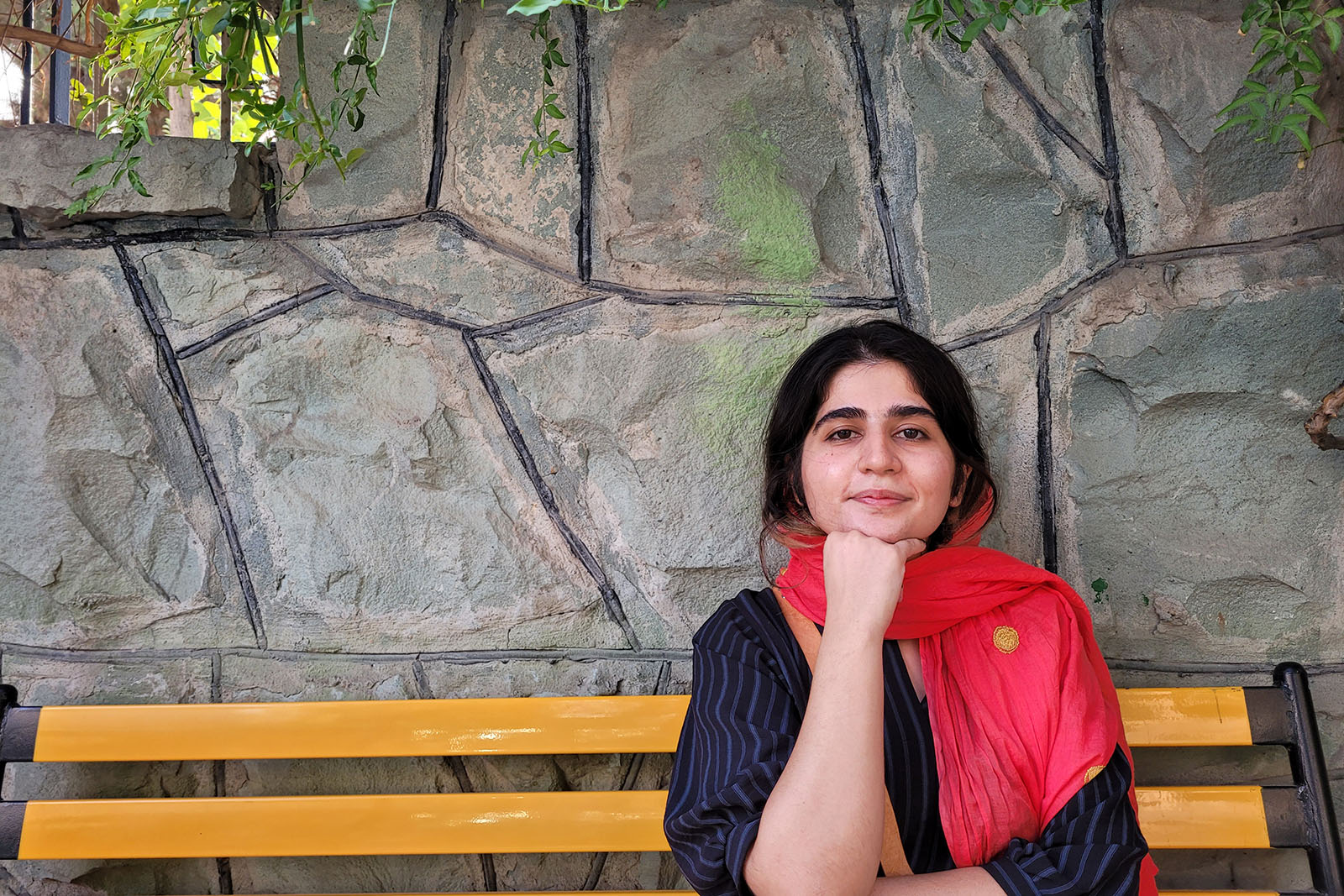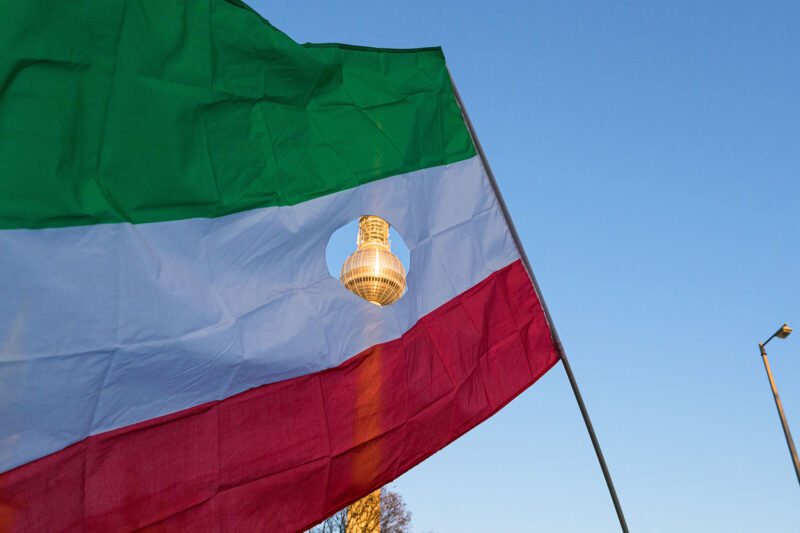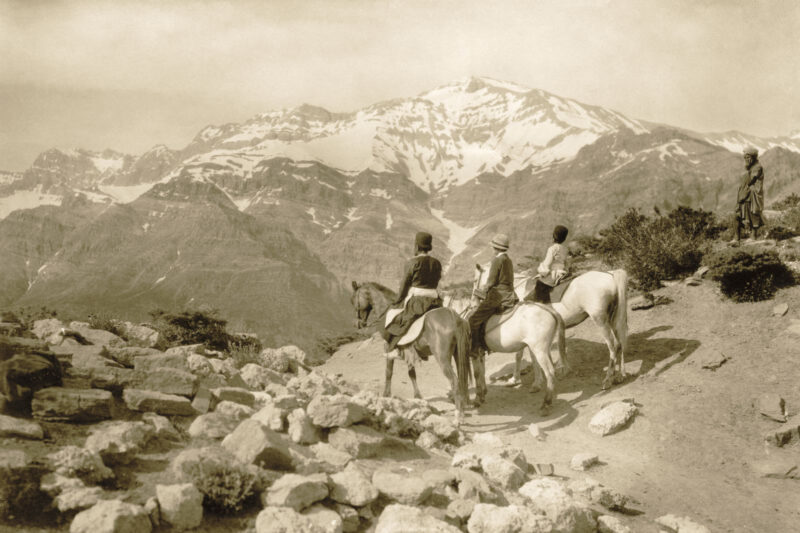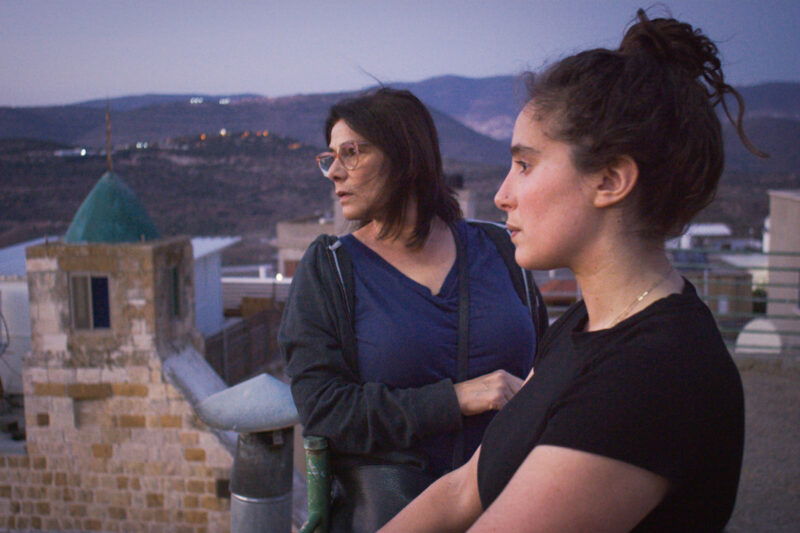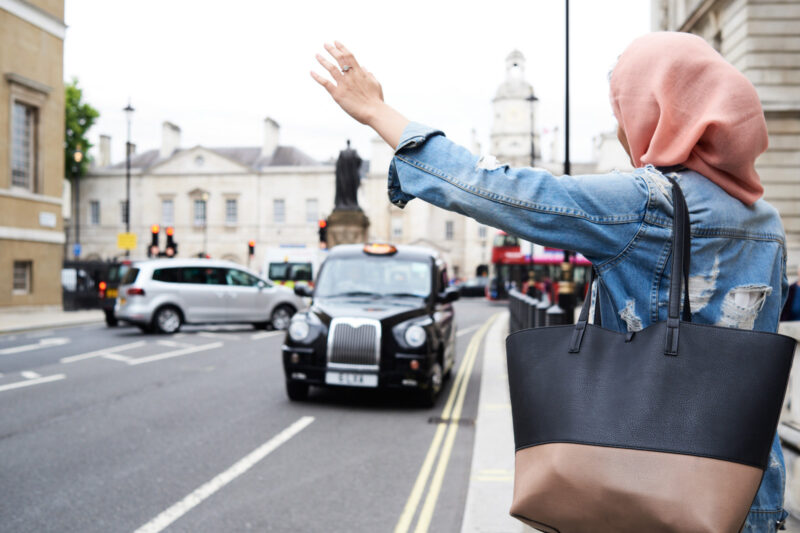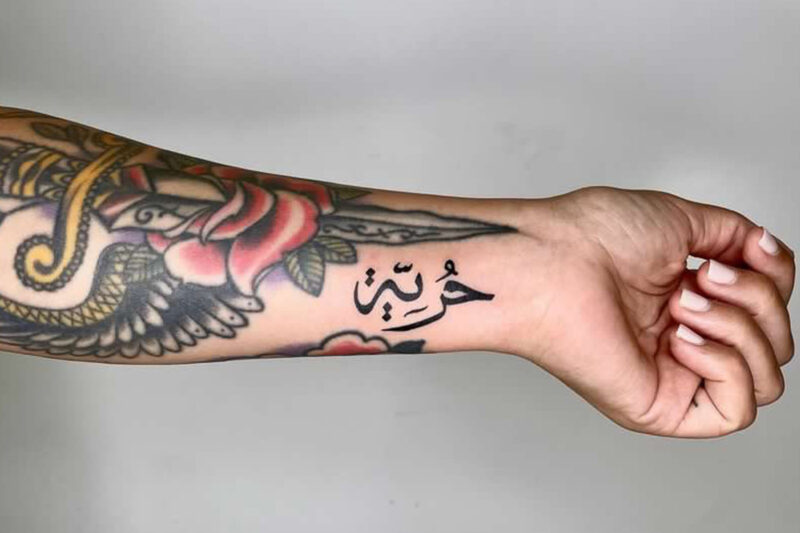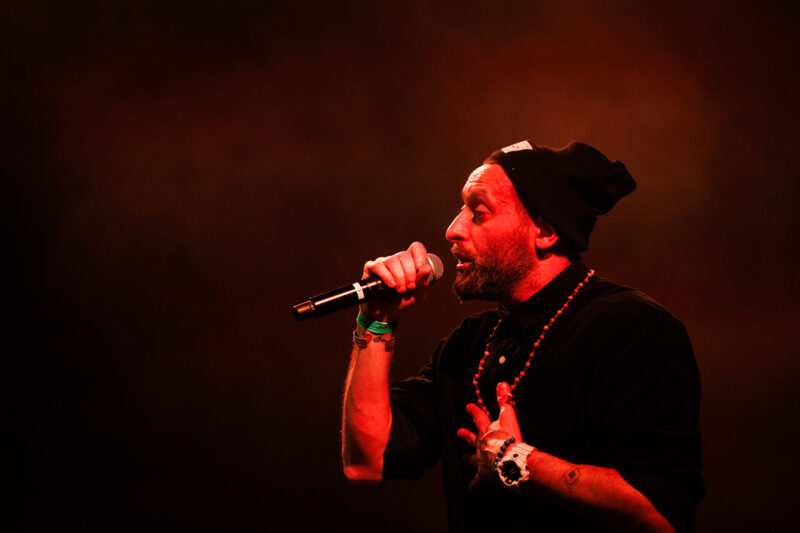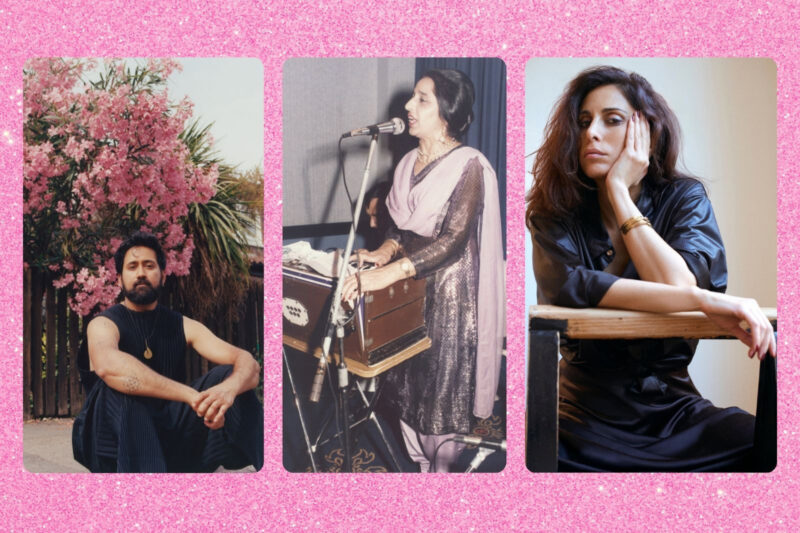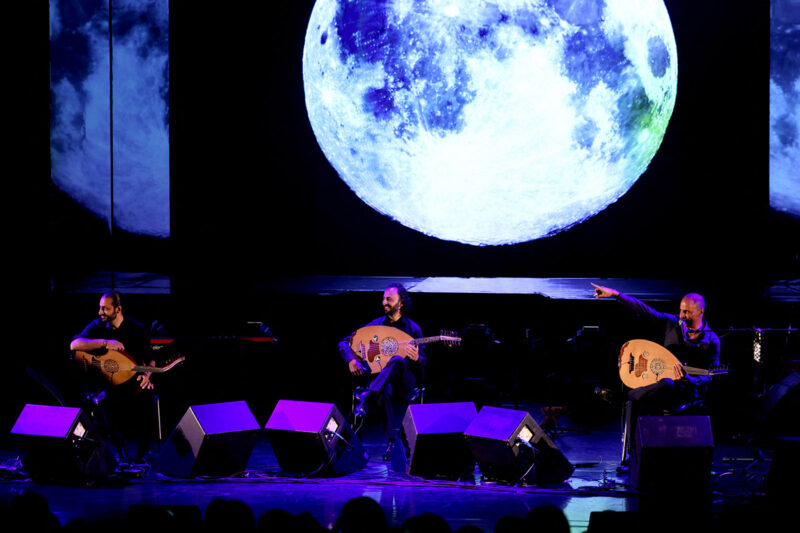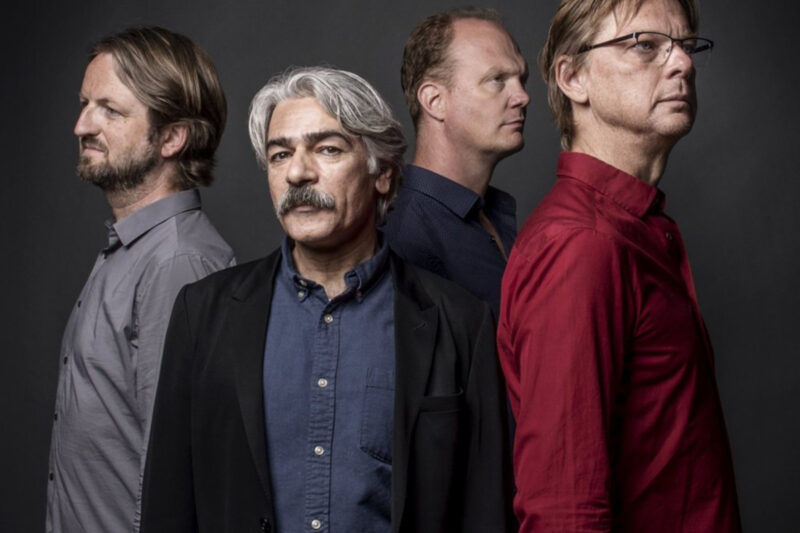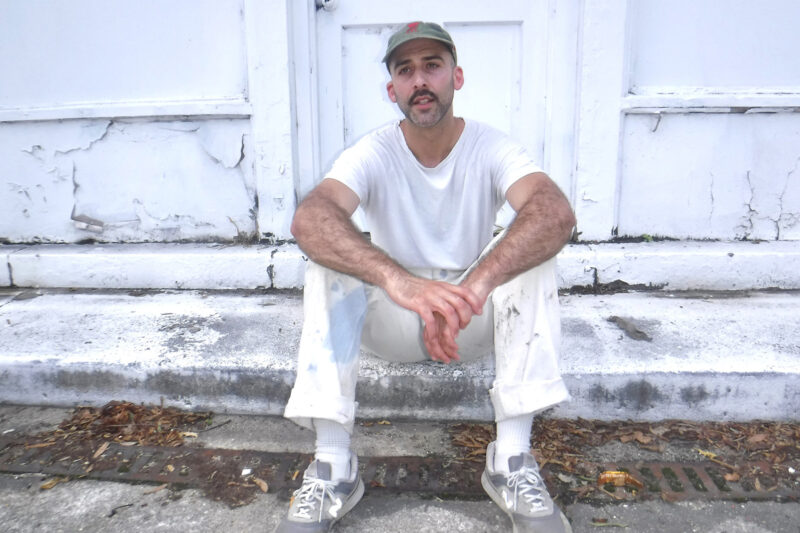Faravaz Farvardin on singing her way to freedom
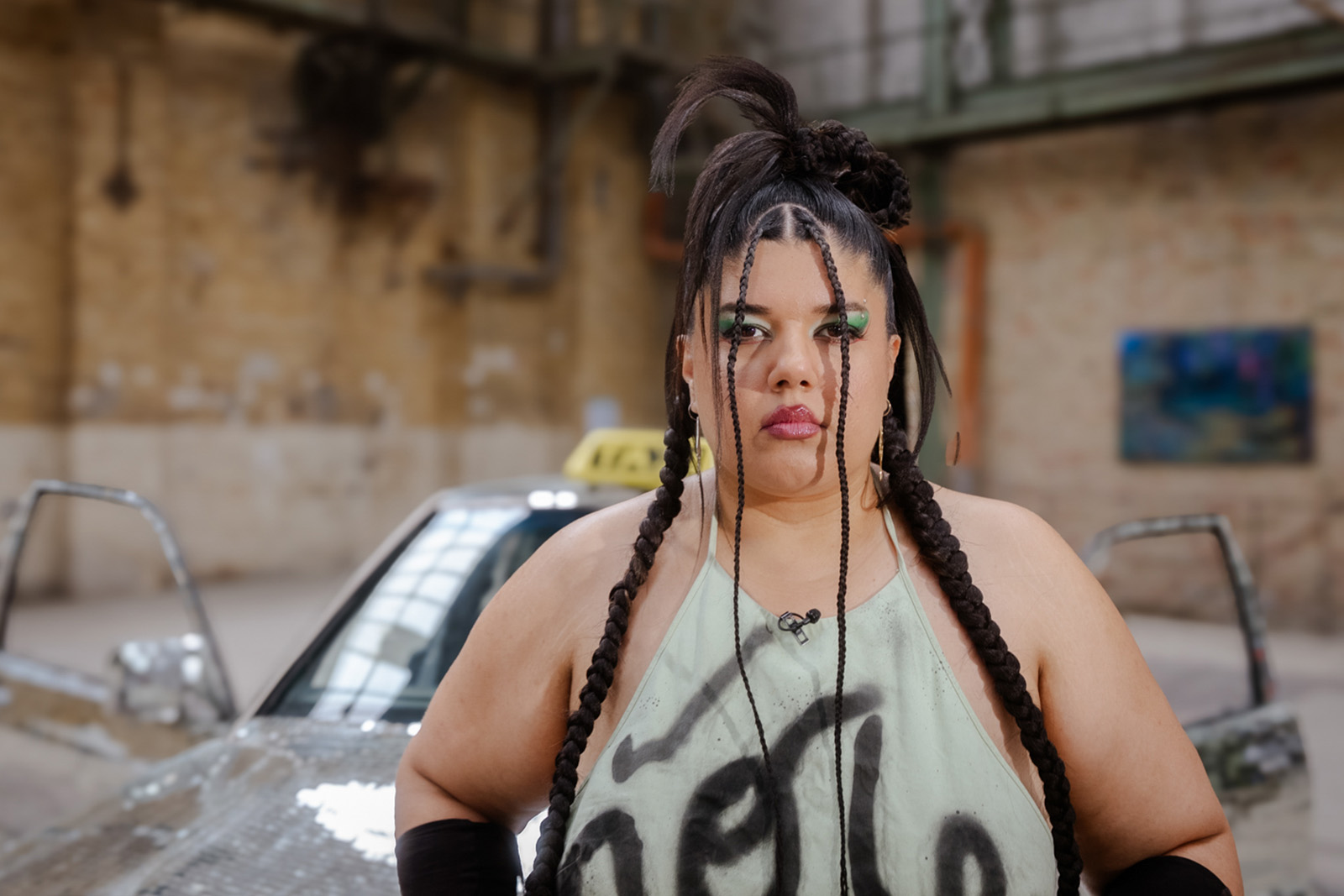
The Iranian singer’s debut album is an angry account of arrest and exile — and a bold provocation of the regime that jailed her
The first track on Faravaz Farvardin’s debut album Azadi — freedom in Farsi — is Mullah. It opens with a provocation: “I wanna ahh with the mullah, make love with the mullah, chica-chica-ahh, have fun with the mullah.” The mullah Farvardin is singing about is one of the Iranian clerical leaders who rule the country according to strict Islamic law. Provoking them can be dangerous, especially as a woman, but 34-year-old Farvardin says she’s getting used to “doing dangerous things”.
She knows her outspokenness could make her a target, the Iranian regime has kidnapped and assassinated dissidents around the world. “I still don’t feel safe, but then I see women in Iran standing in front of soldiers and setting fire to their hijabs, and I think: I cannot allow myself to be afraid,” she said. “I cannot censor myself.”
The singer claimed asylum in Germany in 2016 to escape a sentence in Iran’s notoriously brutal prisons related to her arrest for performing on Tehran’s underground music circuit. Across the 11 tracks on her debut album, she chronicles her life under censorship, arrest and eventual exile.
A meeting of alternative pop, electronica and traditional Iranian folk, which Farvardin sings in English, German and Farsi, Azadi has been described by critics as ”goosebump-inducing” and “deeply personal yet universally resonant”. As a child, Farvardin sang and played Iranian folk and pop music on the guitar. When her family got the internet in the early 2000s she became obsessed with exploring different artists and genres, and fell in love with classic jazz such as Nat King Cole. “A lot of websites were restricted, so you had to use VPNs or filters,” she said. She began experimenting, fusing jazz vocals with traditional Iranian sounds.
Women in Tehran are only allowed to sing in public as backing vocalists for male artists, but as a teenager Farvardin discovered a thriving underground concert scene where women performed alone or in all-female groups. “Often they’re held in people’s homes, sometimes they’re in cafes or even out on the street,” she said. She started to perform at events organised through word of mouth or social media and to release her own music online.
In 2016, Iranian authorities launched a crackdown on the music scene and arrested 50 female singers — Farvardin among them. She fought the charges and was initially granted bail while judges considered her case. But in 2018, while abroad playing a gig in Berlin, she received a call from her lawyer: the courts had decided to pursue the charges against her and if she returned to Iran, she would likely be jailed. Iran’s jails are notorious for prisoner mistreatment, including torture and sexual violence. “It was such a crazy moment. I could not say goodbye to anyone, I hadn’t brought anything with me, and I didn’t speak any German or English.”
She went to stay with a friend in the southern state of Bavaria and began the asylum process. In keeping with German law, she was sent to live in a camp in the tiny spa town of Bad Reichenhall, close to the Austrian border, for three years — an experience she describes as “like a prison”. “It took me three whole years to accept I could not go home,” she said. “Every morning I would get up and pack then unpack my suitcase.”
She also found herself creatively blocked, unable to sing or write music. “I felt pissed at my voice because it had created so much trouble in my life,” she said. The type of music she had performed in Iran — soft, romantic, jazz-inspired — also didn’t fit her new life, in which she felt angry and depressed.
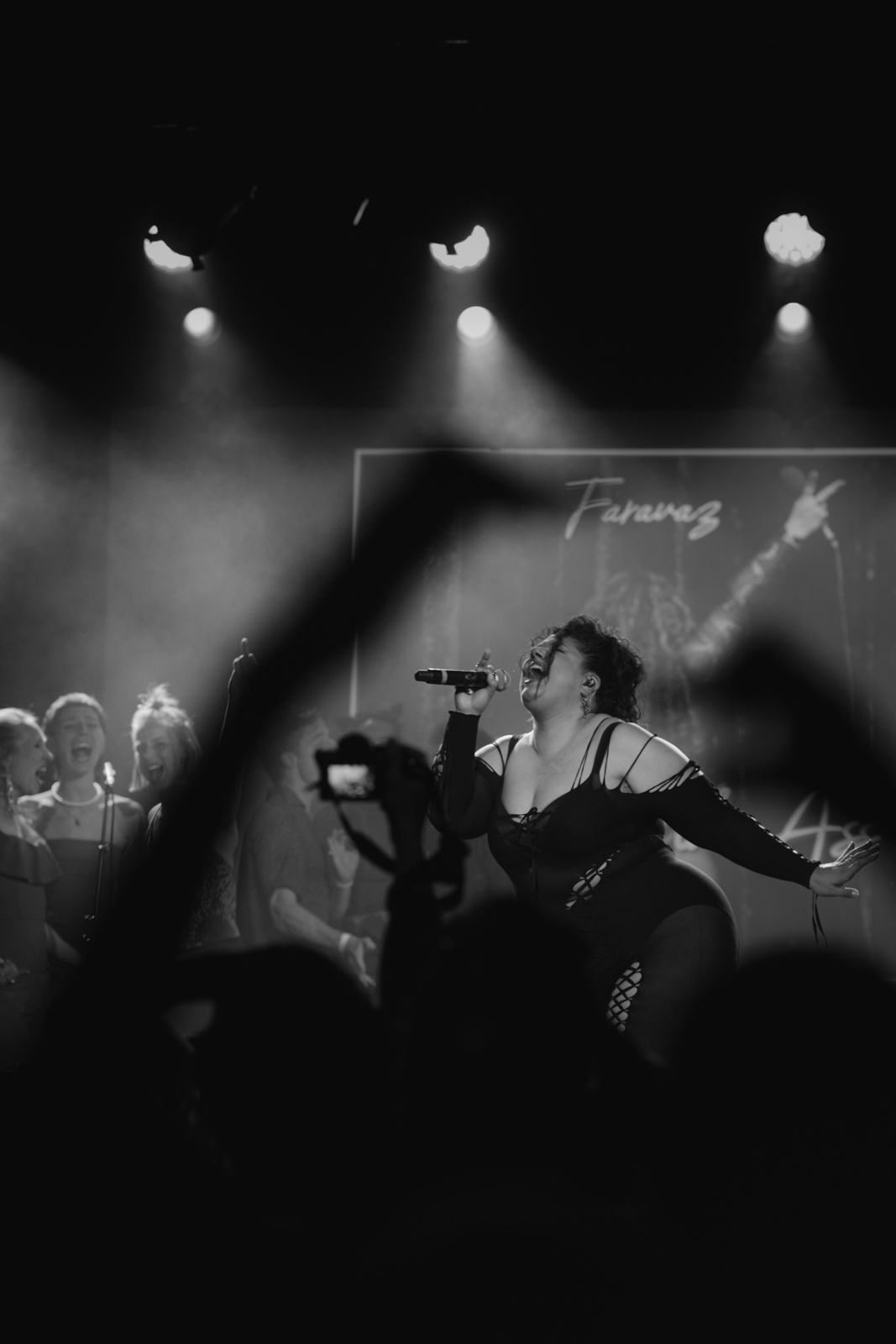
Slowly, though, she began to explore new freedoms, such as wearing shorter sleeves and skirts. She also enjoyed respite from the strict beauty standards she grew up with. “In Iran, it’s very common for women to get plastic surgery and there is pressure to always look perfect,” she said. “I always hated my body as I’m plus-sized.” Beauty standards do exist in Germany; but to Farvardin they felt “looser”. She began giving interviews to German media and founded an NGO, The Right to Sing, which raises money for Iranian women singers.
In 2021, while visiting a friend in Hamburg, she finally had a creative breakthrough. She tried channelling her anger into music and eventually wrote Mullah. “I was like, ‘I’m fucking angry, I want to fuck some people up’,” she said. “That was when I realised, I don’t need to sing soft music any more.” Singing and performing became a tool for her to protest against the injustice she had experienced.
As soon as she was able, Farvardin relocated to Berlin, where she met the collaborators who would help make her album, including Grammy-nominated producer Charlie McClean. Azadi also explores more universal aspects of the immigrant experience, such as the song Taxi Driver, set over a bouncy electro beat. “Iranian immigrants are famous everywhere for driving taxis,” she explained. “We come with a lot of passions and dreams, and we are expected to forget them in order to have a basic, safe life.”
Farvardin found asylum in Germany but even here, her life is fraught with dangers. She was performing at the Bad Freienwalde ist bunt festival in early June, waiting anxiously for news that her family and friends were safe from Israel’s bombing campaign, masked attackers ran through the crowd armed with batons, injuring at least two people. Police suspect they may have links to the far right.
It’s fitting that on her album’s title track she concludes safety and freedom can only be found within yourself. She describes a search for freedom through travel, art and reading before realising she had already found it, “singing on the streets of Tehran”. The liberation she found through her music has helped her embrace her plus-sized shape. “Your body is your home, that’s where you live,” she said. “You need to love it.”
 Newsletter
Newsletter


